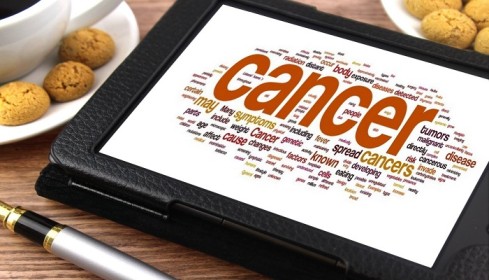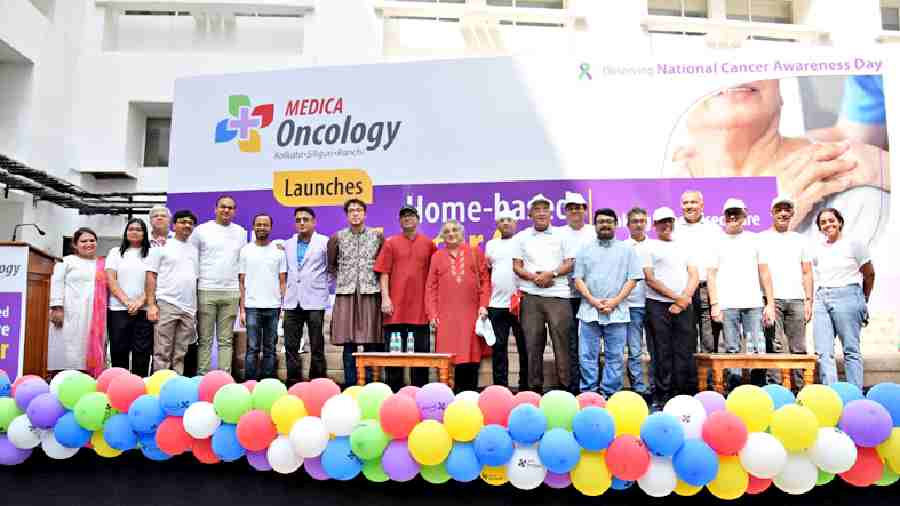Indian doctors have shown that one-tenth of the standard prescribed dose of a key anti-cancer medicine has more than doubled the one-year survival rate in patients with advanced oral cancer, proposing a strategy that can also lower treatment costs.
The doctors at the public-funded Tata Memorial Centre hospital in Mumbai said their study was the first to document improved patient outcomes with a low dose, which could vastly expand access to an expensive therapy.
Patients who received 20mg of the medicine called nivolumab in addition to standard chemotherapy had an average one-year survival rate of 43 per cent, compared with a 16 per cent survival rate in patients who received only chemotherapy. The standard dose of nivolumab is 240mg, once every two weeks.
At this dose, the Tata Memorial doctors say, the drug alone would cost an average patient over Rs 50 lakh per year. The 20mg low-dose regimen would, however, cost only Rs 3.5 lakh.
“The low dose and the lower cost could make the treatment available to far more people than possible now,” said Vijay Patil, a medical oncologist at the Tata Memorial Centre, who was part of a 27-member research team that conducted the study.
Nivolumab belongs to a class of so-called immunotherapy drugs that block certain biochemical pathways in the body and allow immune system cells to attack and kill cancer cells. Treatment guidelines recommend nivolumab in regimens for patients who have advanced cancer.
But the high cost of immunotherapy has kept it beyond the reach of the vast majority of patients in the country. Among 15,674 who were considered eligible for immunotherapy at the Tata Memorial Centre between 2015 and 2019, only 444 (2.83 per cent) had received the treatment.
Patil said the idea to try out a fractional dose emerged from a trial done by researchers at the Johns Hopkins University in the US 12 years ago. That study by Suzanne Topalian and her colleagues had suggested that one-tenth of what is now the standard prescribed dose of nivolumab was sufficient for the biological effect leading to immune cell destruction of cancer cells.
“If that observation was correct, the higher dose may not be actually needed — that’s what we decided to test in our clinical study,” Patil said. The Tata Memorial Centre study has now provided “proof-of-concept” that low-dose immunotherapy can improve outcomes for patients.
The Tata Memorial Centre doctors divided patients with advanced oral cancers into two groups — one received standard three-drug regimen chemotherapy, the second received the chemotherapy and low dose nivolumab.
In addition to the increase in one-year survival rate, patients who received the lowdose nivolumab survived for an average 10 months compared with an average survival of six months among those who received chemotherapy alone.
Patil and his colleagues, oncologists Kumar Prabhash and Vanita Noronha among others, have published their findings in the Journal of Clinical Oncology.
Doctors say that while the added duration of survival of four months appears incremental, for many patients with advanced oral cancer, any additional periods of a reasonable quality of life are important.











